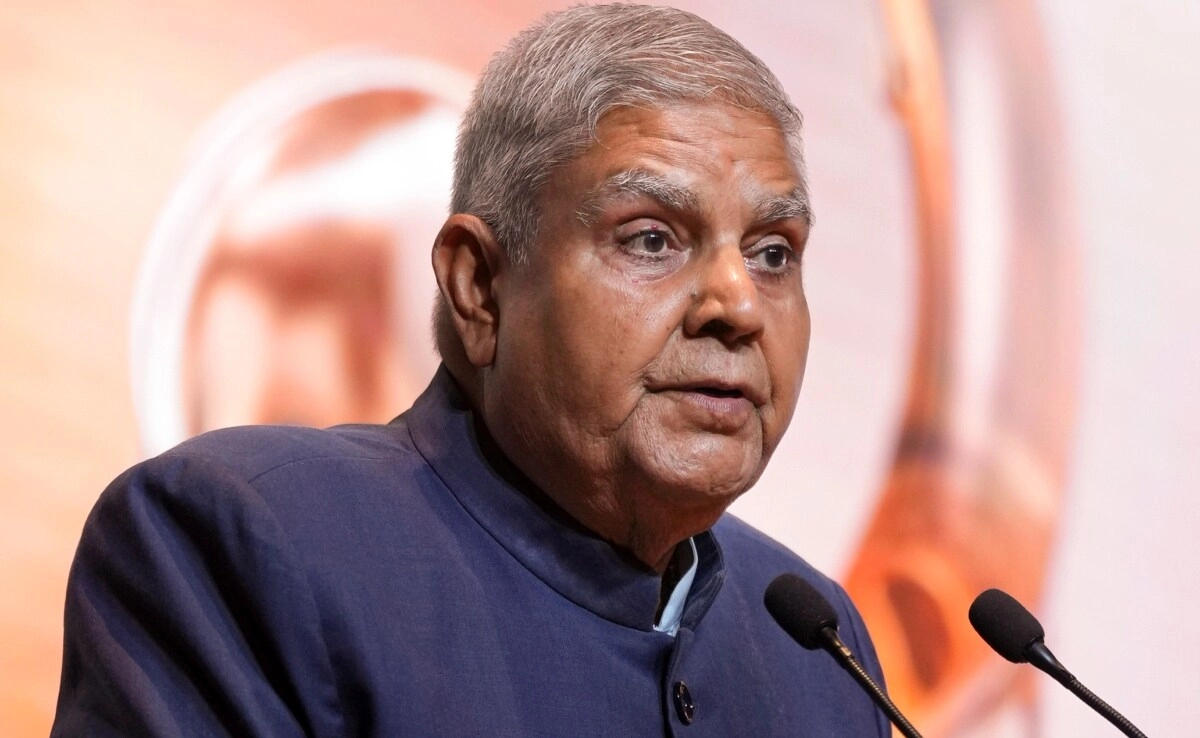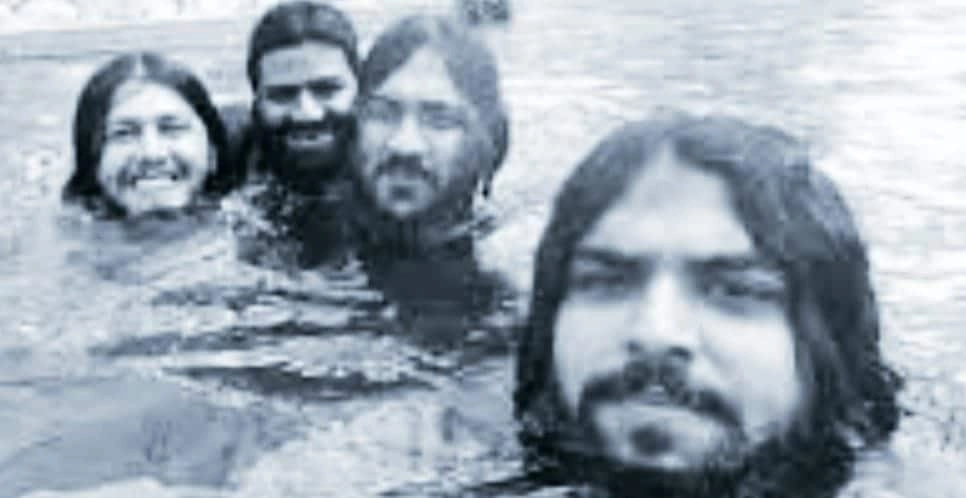Jagdeep Dhankhar’s recent resignation has sparked discussions about the role and power of the Vice-President of India. Traditionally, the Vice-President is seen as a largely ceremonial figure, serving primarily as the presiding officer of the Rajya Sabha, the upper house of Parliament. However, the influence and authority of this position can vary significantly based on the individual occupying it and the political dynamics at play. Dhankhar, who took office in August 2021, has been a notable figure, particularly for his outspoken views and active engagement in political discourse.
The Vice-President has several important functions, including assuming the presidency in the absence of the President, representing India in diplomatic functions, and serving as an integral part of the legislative process. Despite these responsibilities, the Vice-President’s power is often perceived as limited compared to other key political roles, such as the Prime Minister or the President. However, a Vice-President who is assertive and engages actively in public life can leverage the role to influence political narratives and policy discussions, making their position more impactful.
Dhankhar’s tenure has highlighted the potential for the Vice-President to transcend the traditional boundaries of the role. His proactive approach to addressing issues, voicing opinions on significant national matters, and engaging with various stakeholders have contributed to a perception of increased power associated with the office. This has raised questions about the evolving nature of the Vice-President’s role in Indian politics, especially in a context where the political landscape is increasingly dynamic and the lines between formal powers and political influence can be blurred.
In conclusion, while the Vice-President of India has historically been viewed as a figure with limited power, the recent actions and political engagement of individuals like Jagdeep Dhankhar demonstrate that the role can be much more significant. The effectiveness and influence of a Vice-President can depend greatly on their personal initiative and the political context in which they operate. As Indian politics continues to evolve, the potential for the Vice-President to play a more assertive role may become increasingly pronounced, challenging traditional perceptions and expectations associated with this important office.




